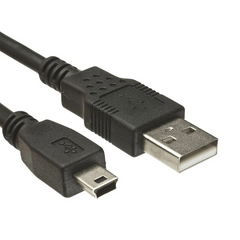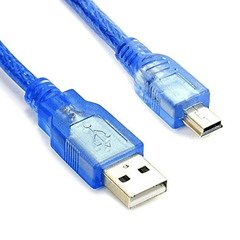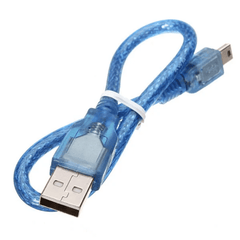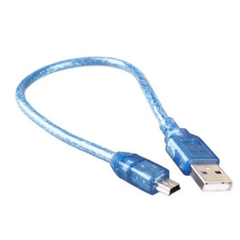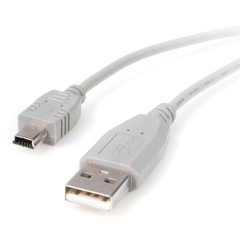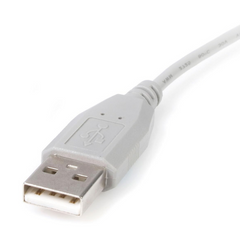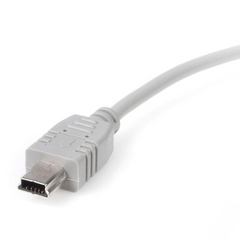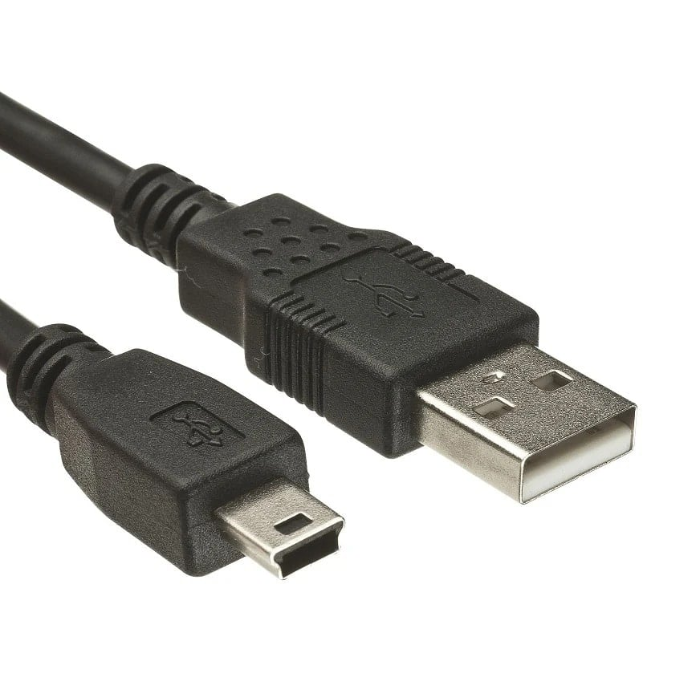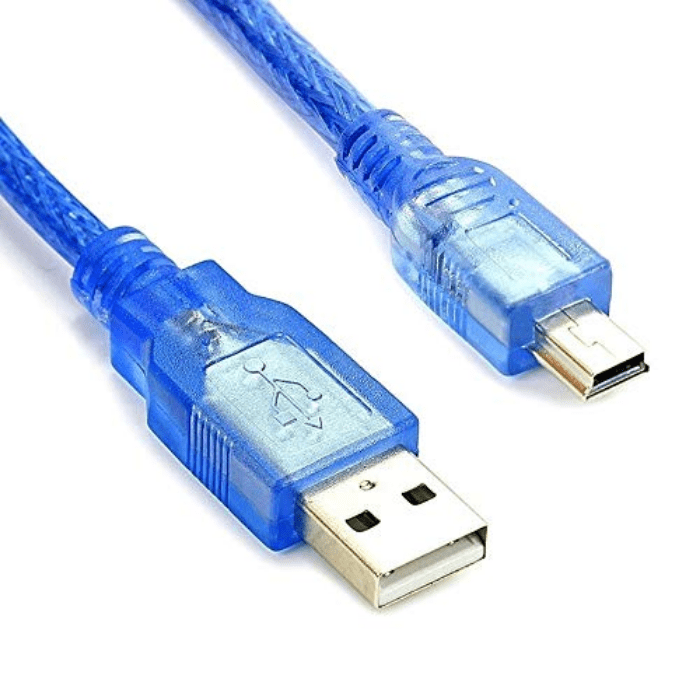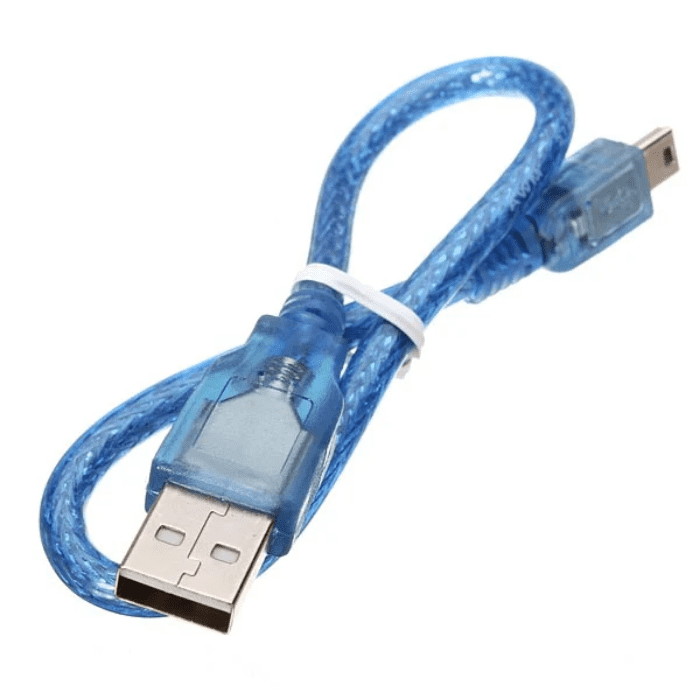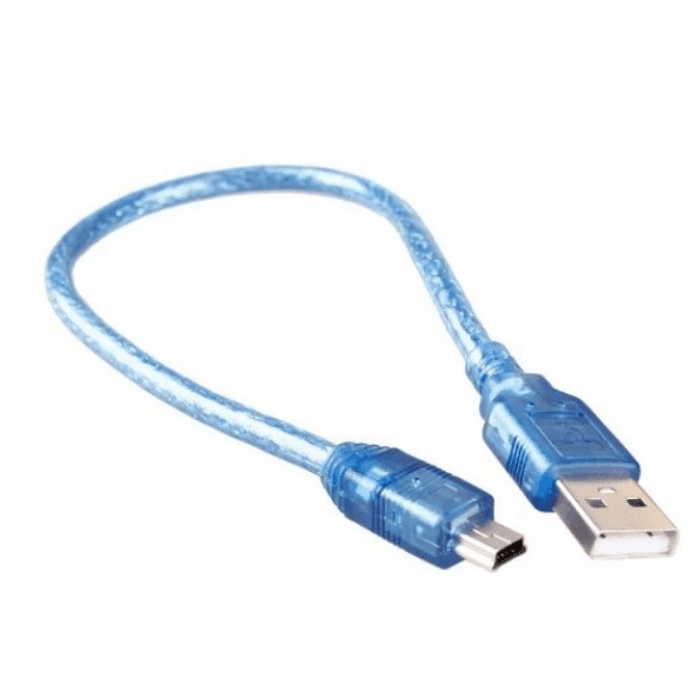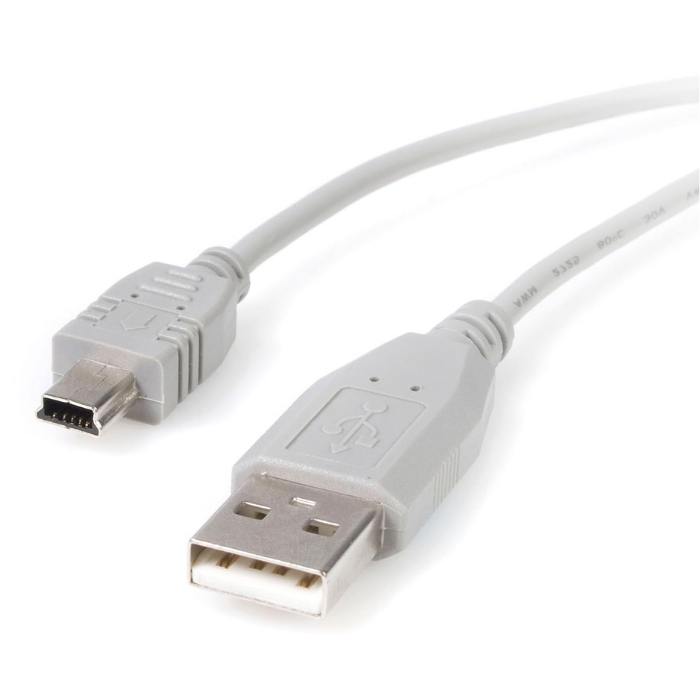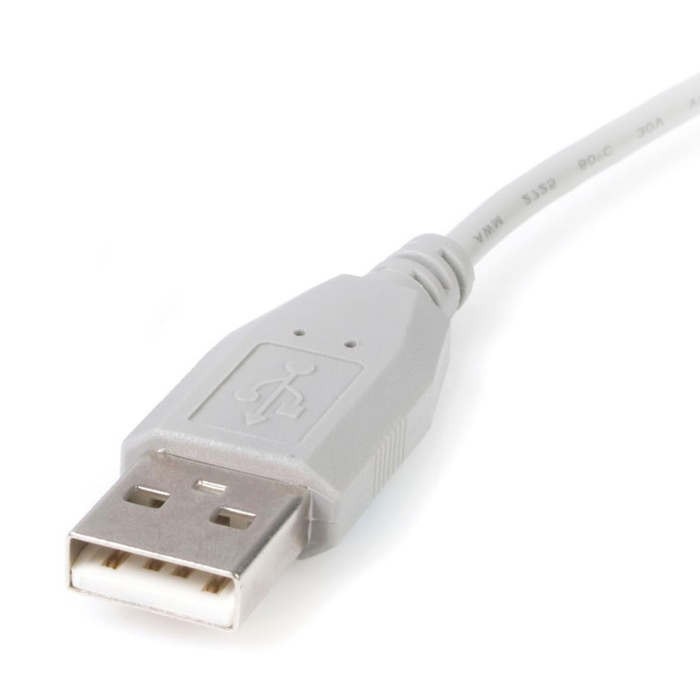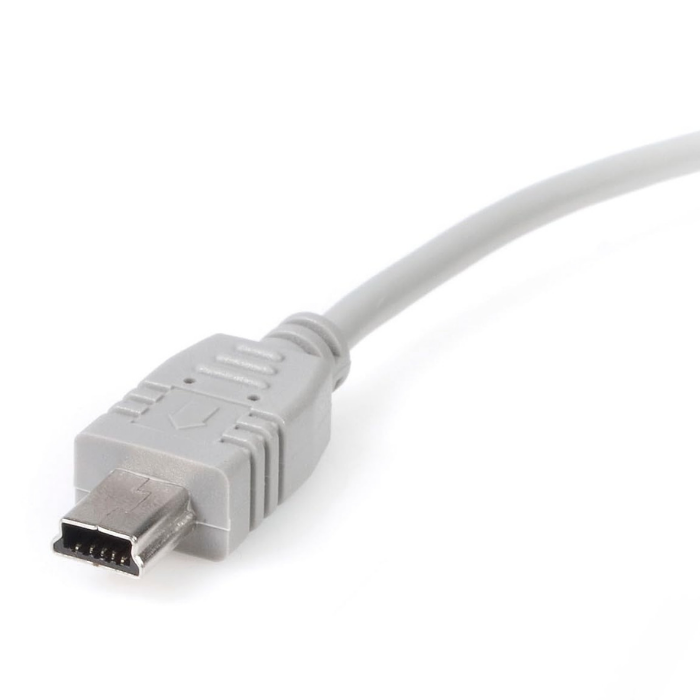Mini USB 2.0 Cable 30 cm (Colour May Vary)
This is the mini USB Cable for Nano Board is compatible with Arduino (USB 2.0 A to USB 2.0 Mini B) 1 meter Connects speed-critical devices, such as external hard drives and smartphones, and peripherals that require a Mini-B connection to your computer.
A Mini USB 2.0 cable is a type of USB cable that is used to connect devices with Mini USB 2.0 ports to computers or other devices. Mini USB 2.0 cables are commonly used to connect devices such as smartphones, digital cameras, and portable hard drives to computers.
USB (Universal Serial Bus) is a standard for connecting devices to computers and other devices. Mini USB 2.0 is a version of the USB standard that uses a smaller connector than standard USB connectors. Mini USB 2.0 cables are typically used to connect devices that have limited space for connectors, such as smartphones and portable hard drives.










